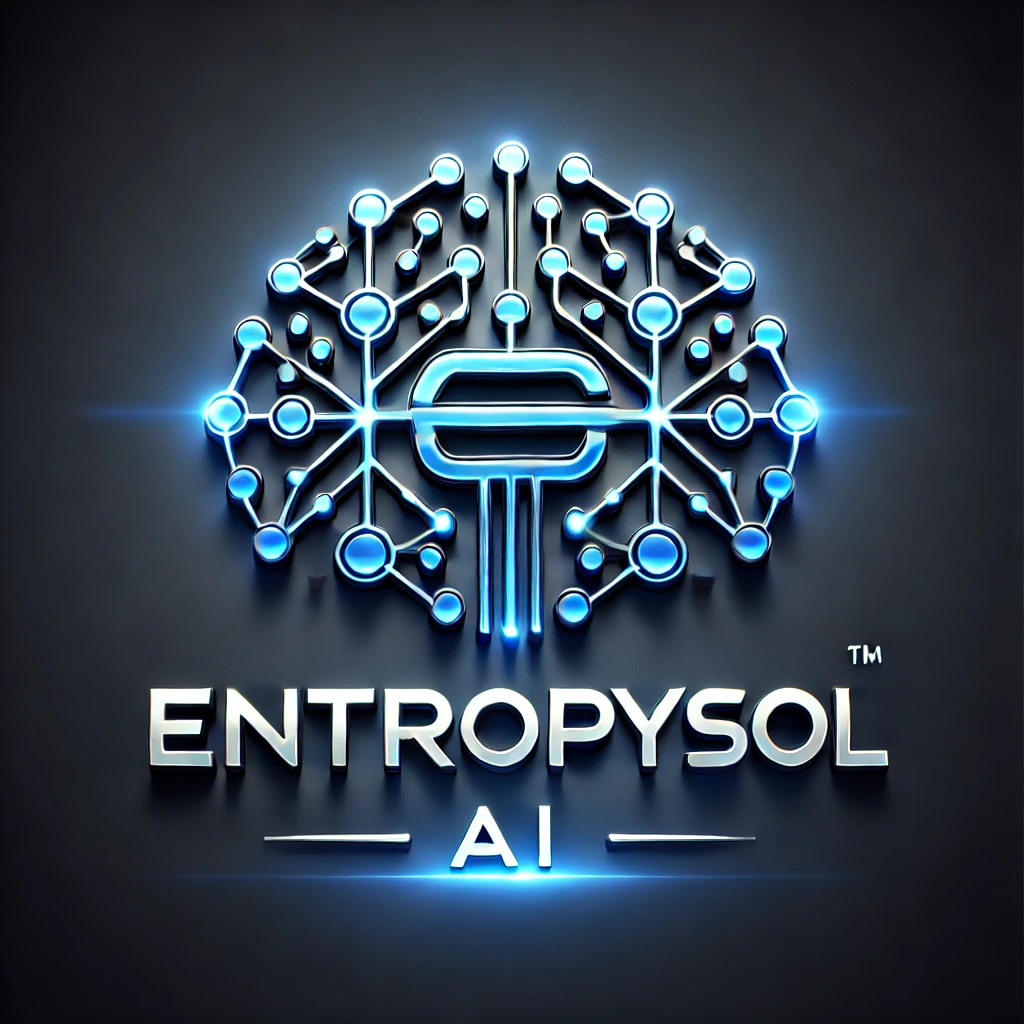Tag: LLMs
-
Crafting Words: Generative AI for Natural Language Processing
Natural Language Processing (NLP) has long focused on enabling machines to understand and interpret human language. However, the advent of Generative AI has revolutionized this field, moving beyond mere comprehension to allowing machines to actively create compelling and coherent text. This fusion has unlocked unprecedented capabilities in text generation, transforming how we interact with and…
-
Beyond Analysis: Exploring Generative AI Architecture and Models
For a long time, Artificial Intelligence was primarily associated with analysis: classifying data, making predictions, or recognizing patterns. However, a revolutionary shift has occurred with the rise of Generative AI. This exciting field is all about teaching machines to create new, original content, unleashing unprecedented levels of digital creativity across various domains. What is Generative…
-
Bridging the Gap: Reinforcement Learning from Human Feedback
Large language models (LLMs) are incredibly powerful, capable of generating coherent and creative text. Yet, left to their own devices, they can sometimes produce undesirable outputs such as factual inaccuracies, harmful content, or just unhelpful responses. The crucial challenge is alignment: making these powerful AIs behave in a way that is helpful, harmless, and honest.…
-
Master of Control: Understanding Proximal Policy Optimization (PPO)
In the dynamic world of Reinforcement Learning (RL), an agent learns to make sequential decisions by interacting with an environment. It observes states, takes actions, and receives rewards, with the ultimate goal of maximizing its cumulative reward over time. One of the most popular and robust algorithms for achieving this is Proximal Policy Optimization (PPO).…
-
Teaching AI What’s Good: Understanding Reward Model Training
Large language models (LLMs) have achieved incredible feats in understanding and generating human-like text. However, their initial training primarily focuses on predicting the next word, not necessarily on being helpful, harmless, or honest. This is where Reward Model training comes into play, a critical step in aligning LLMs with nuanced human values, typically as part…
-
Low Rank Adaptation with Hugging Face and PyTorch
Training colossal artificial intelligence models, especially the mighty large language models or transformers, is a resource intensive endeavor. While fine tuning these pretrained models on specific tasks is incredibly powerful, updating every single weight can be a memory hungry and time consuming process. Enter Low Rank Adaptation (LoRA), a brilliant technique that makes fine tuning…
-
LLM Applications: A Deep Dive into LangChain
The rise of Large Language Models (LLMs) has opened up an unprecedented era for AI applications. However, building truly intelligent, robust, and dynamic applications with LLMs often requires more than just calling an API; it demands orchestration, integration with external data, and complex reasoning. This is precisely where LangChain emerges as a game-changer. As an…
-
Unlocking New Frontiers: A Deep Dive into Foundation Models
The landscape of artificial intelligence is constantly evolving, and a revolutionary concept known as Foundation Models is rapidly reshaping its future. These incredibly large, pre-trained AI models are not just another step forward; they represent a paradigm shift in how AI systems are developed and deployed. Their remarkable versatility and ability to adapt to a…
